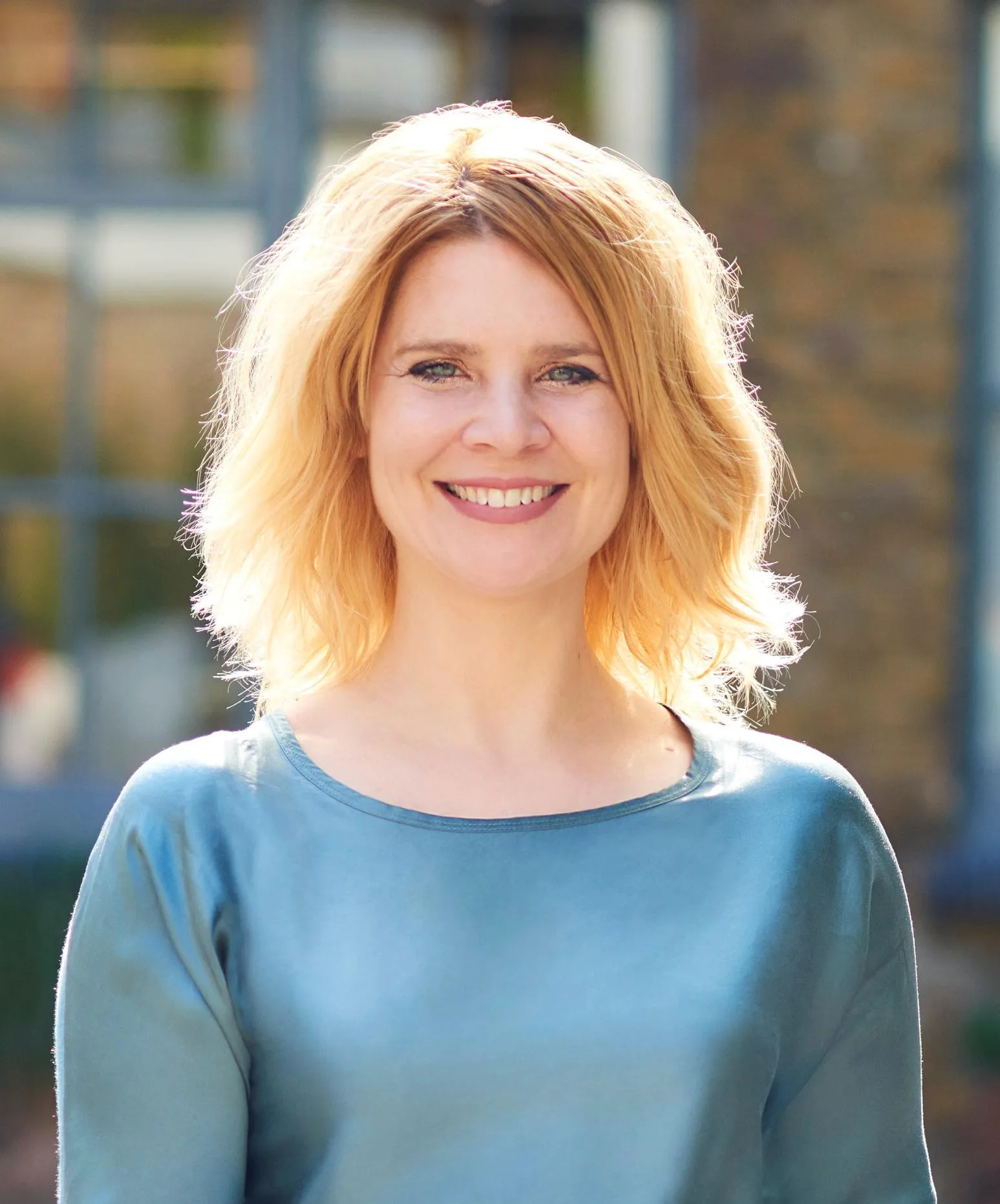Please note: this event has passed

The Qatar Centre for Global Banking & Finance welcomes Professor Neeltje van Horen from the Bank of England to present this research seminar on ‘Down Payment Constraints, Homeownership and Household Spending’.
Obtaining a mortgage has become increasingly difficult in recent years, especially for young and first-time buyers. Many governments have implemented or are considering implementing policies that help prospective buyers get on to the property ladder. However, not very much is known about the effectiveness and spillover effects of these policies.
In this virtual seminar, Professor Neeltje van Horen will examine the effects the UK Help-to-Buy scheme has on homeownership and household spending. She will explore whether government schemes that ease down payment constraints can boost homeownership for young buyers.
About the speaker
Neeltje van Horen, is a senior research advisor at the Bank of England, professor of financial economics at the University of Amsterdam and research fellow at the CEPR. Neeltje's research focuses on the links between the financial sector and the real economy. This includes the impact of major economic shocks on companies and households, the effects of central bank policies on the behavior of banks, and the link between banks and governments. Much of Neeltje's previous research has focused on the role of internationally operating banks in corporate lending and shock transmission. Neeltje published in the Journal of Financial Economics, Review of Financial Studies, and the American Economic Journal – Macro, among others, and prior to joining the Bank of England, worked at De Nederlandsche Bank and the World Bank. Neeltje has held positions as a visiting scholar at the BRD, IMF and Chicago Fed, and is Associate Editor of the Journal of Money, Credit and Banking.
About the Virtual Seminar Series
The Qatar Centre for Global Banking and Finance's virtual seminar series provides a forum for researchers at Central Banks and Academics working on central banking issues to present their research. Seminars take place fortnightly and last one hour, including time for questions from attendees.


